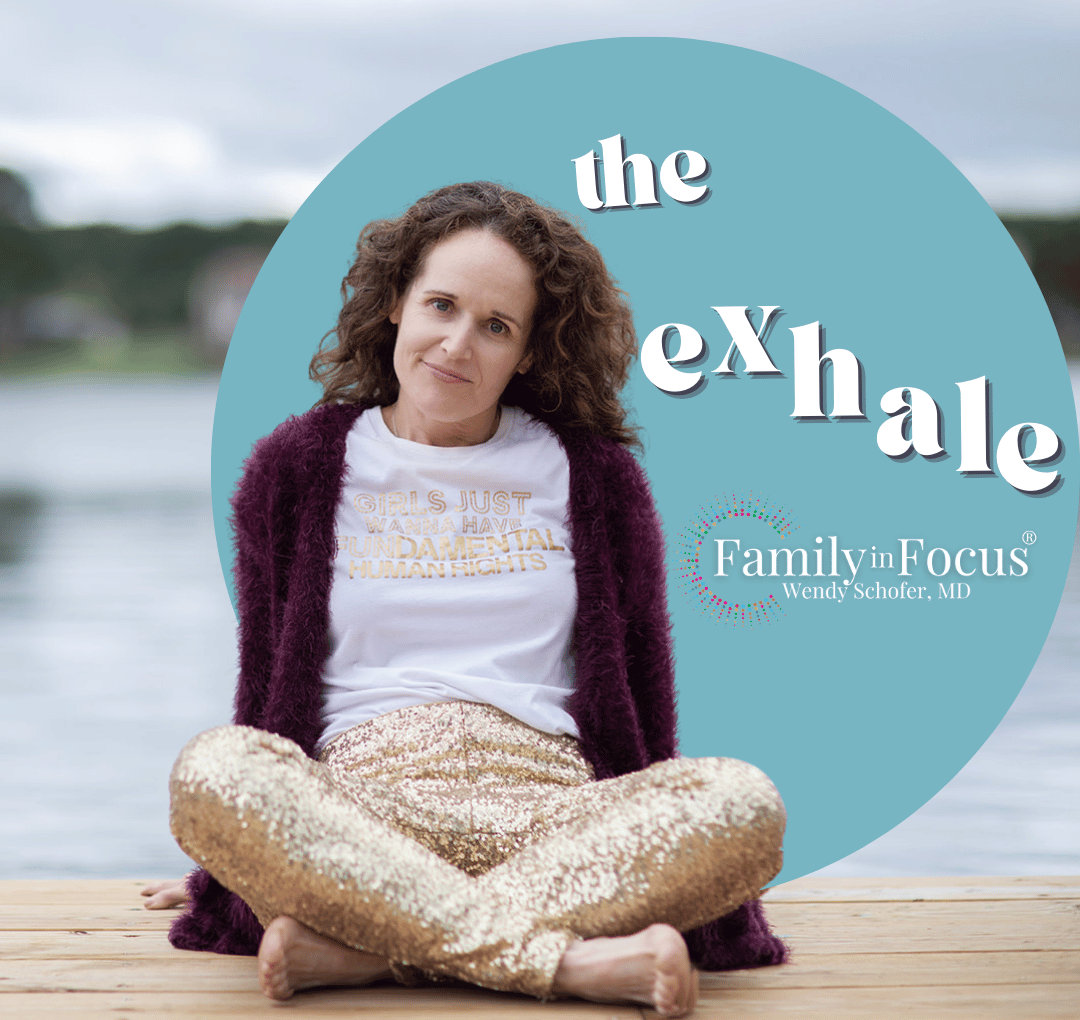
How many calories does my child need each day?
To answer that question, we have to start from the beginning:
What is a calorie?
- It’s simply a unit of energy
- It tells us how much energy we are eating, or using with body function (breathing, sleeping, movement/exercise, illness)
When we are having periods of increased growth or activity, our bodies need more energy - so more calories.
When we are using less energy, we need fewer calories.
When we eat more calories (energy) than what we use in a day, our bodies store that energy for the future. Over time, weight gain occurs when we consistently store more energy than we use.
When we eat less calories than what our bodies need today, we tap into the energy reserves. Over time, weight loss can occur if taking in less energy than what is being used.
How does this relate to the question about how many calories does my child need each day? Well, it’s not a simple answer - and to be honest, it’s not the best question to ask.
You see, our bodies don’t care about calories when we are eating.
There is no calorie counter in the body, no tracking, and no way to tell what is the right amount needed for a body. The body doesn’t tell you if you’re hungry or satisfied based on calories. The numbers don’t tell the body any of that. It’s our job to not track calories, but to start asking our bodies what they need. Am I hungry? Am I satisfied? What do I need now?
OUR BODIES DO not care about or count calories.
- THERE’S no calorie count that the body is taking - no magic numbers.
- Our bodies do not assess hunger or fullness by calories. (that’s based more on the type of food eaten, quantity and the stretch receptors of the stomach in addition to hormones).
- Our bodies do not care about low-calorie foods – that’s a marketing thing.
- Drinking calories: our bodies do not “count” the calories in our drinks. This is why we hear recommendations to not drink our meals because they are just extra energy that the body is taking in without even knowing it (slipping one past the goalie!)
USING CALORIE INFO AS A TOOL:
- Can be used to understand how energy-dense a food is, can also give an idea to what’s in the food (if it’s a low-cal food, hold on, what’s in it, or rather, what’s been removed that my body might actually be needing, like fat)?
- Those 100 kcal packages can be used as a tool if one takes the opportunity to pause and reassess – am I still hungry? To disrupt distracted eating.
How using calories can be harmful:
- Your child is not a math problem to be solved. Their weight is not something to just say eat less or move more to change the numbers and the math problem. Humans are not a math problem - and that is why weight is so much more complex and frankly interesting than just eat less-move more.
- Calorie-counting as a way to know what and how much you can eat overrides a very important part: listening to your body – asking, am I hungry, have I had enough.
- When we use calories as a limit, we are looking to diet-mentality. Are we teaching our kids to listen to their bodies, or to look at a number to know when to stop eating?
And what happens when you reach that number? Are you restricting?
Counting calories is looking at eating as a math problem - and diet-mentality. And ultimately it’s not sustainable.
The numbers are ultimately made up, best-guesses for a population/age, and not particular to you or your child.
When we listen to our bodies, create a healthier relationship with food where it is nourishing, not something to be counted or limited, we create lifelong healthier habits.
So consider:
- How does knowledge of calories in food HELP YOU?
- How can you use the knowledge without punishing or restricting?
- What is it like to not look at eating, your weight and your child’s weight as a math problem?
Check out the Family in Focus with Wendy Schofer, MD Podcast!
Stay connected with news and updates!
Join our mailing list to receive the latest news and updates from our team.
Don't worry, your information will not be shared.
We hate SPAM. We will never sell your information, for any reason.


